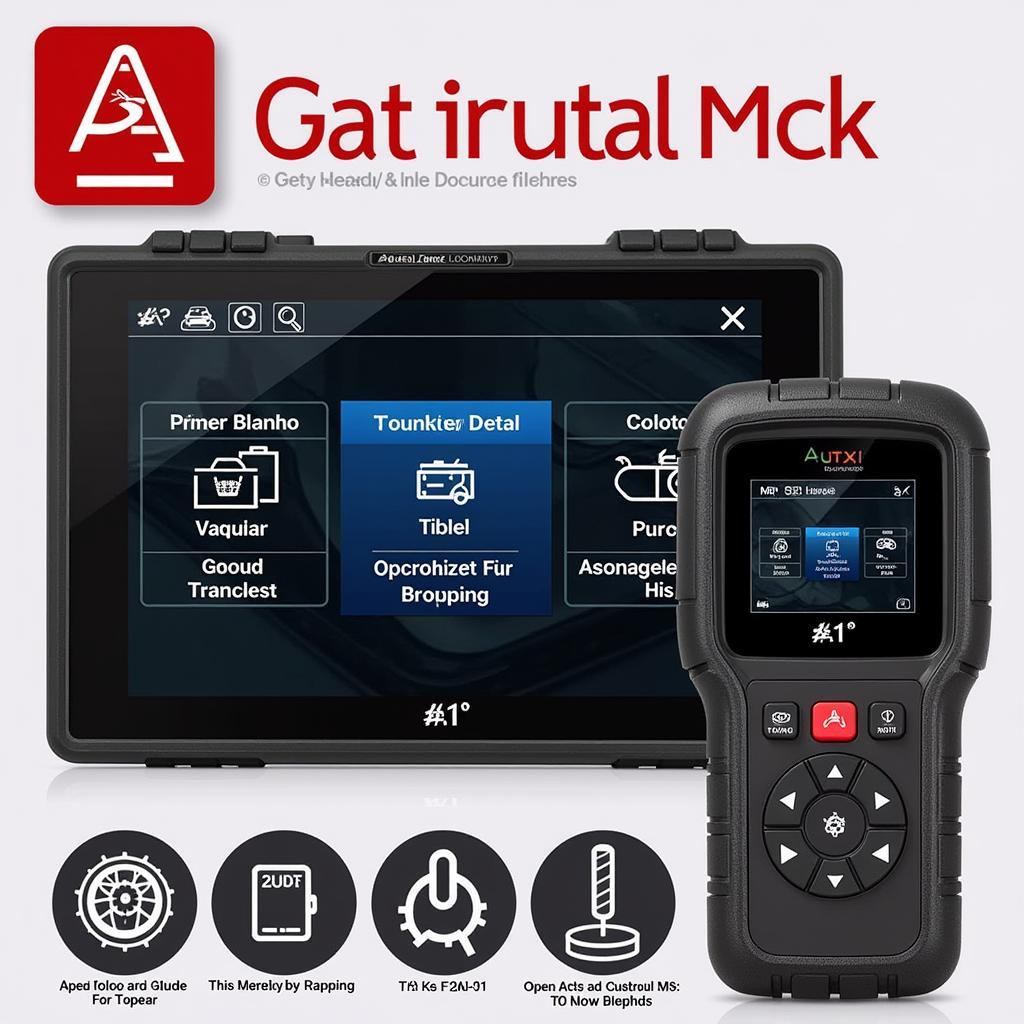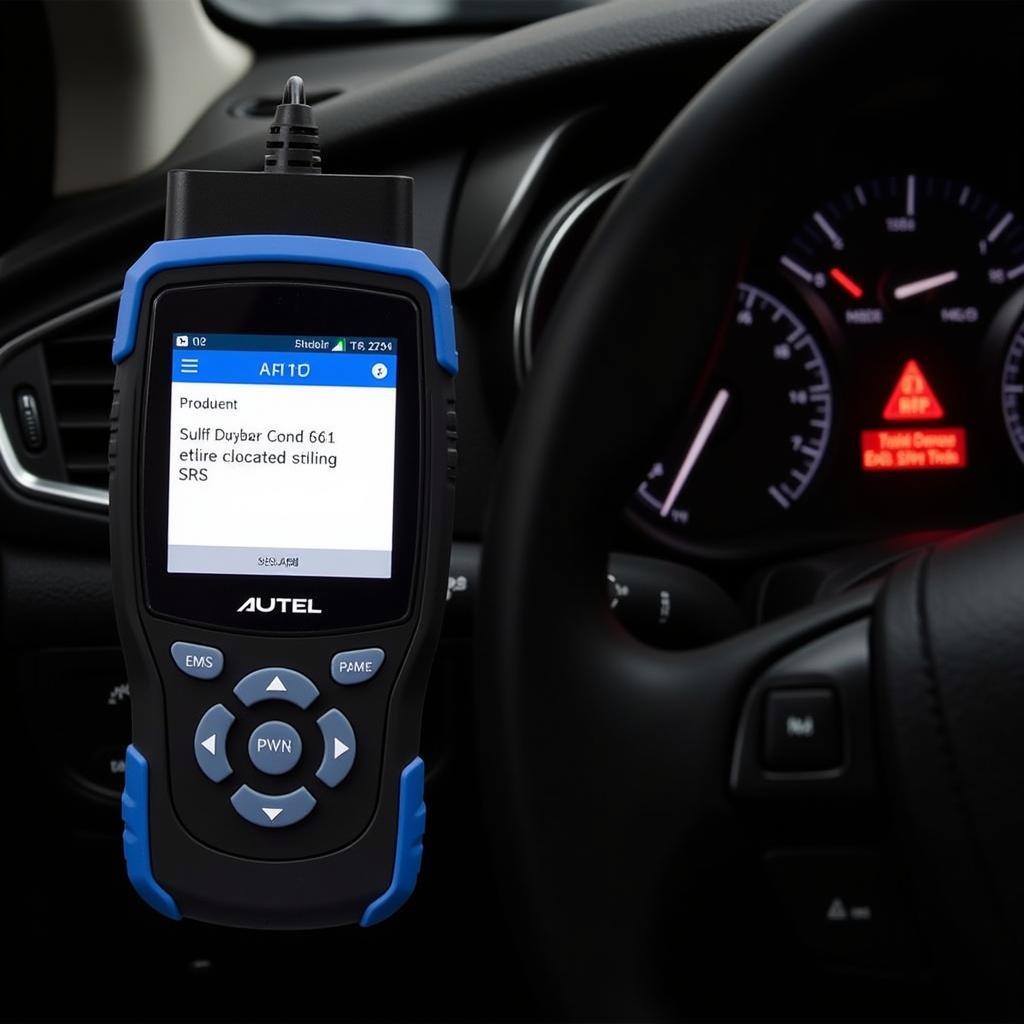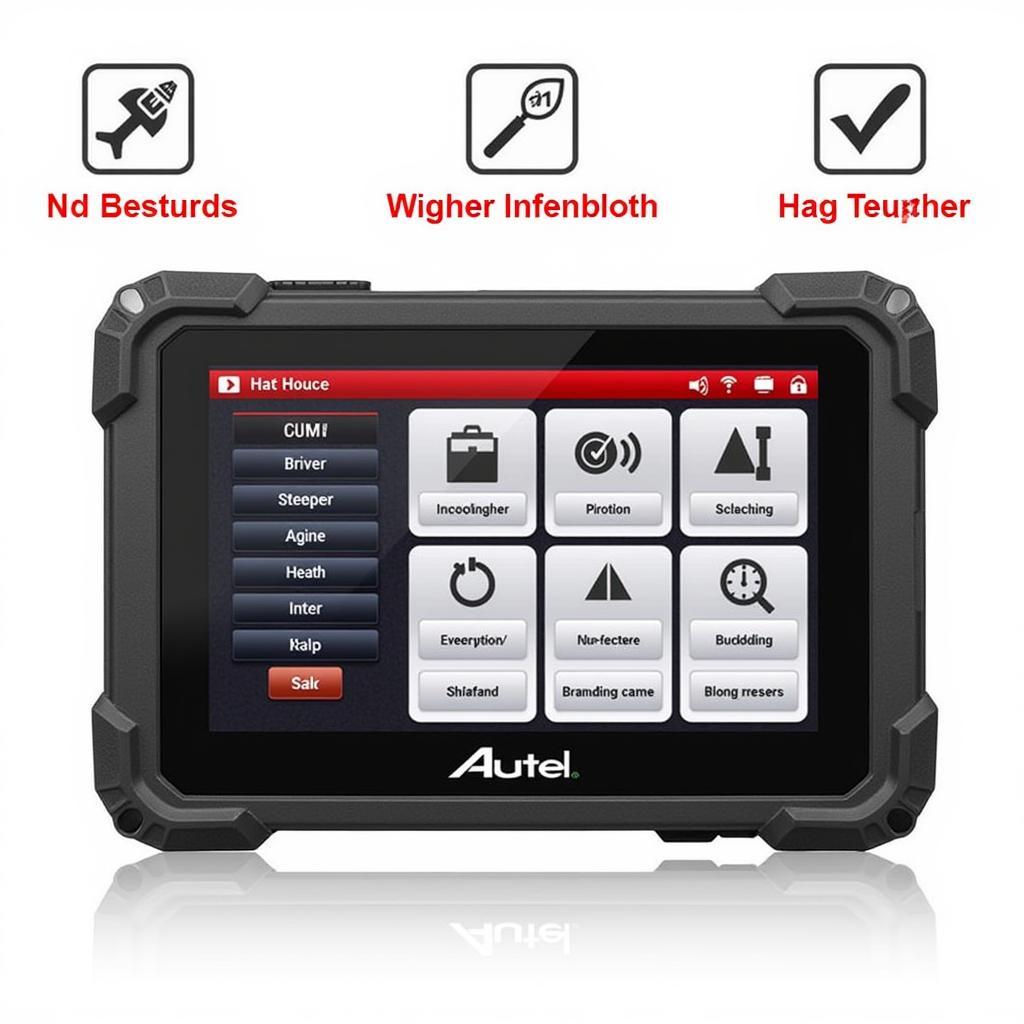Have you ever felt like your car was losing its mojo? Maybe it’s struggling to start, or the engine sputters and coughs like a stubborn mule. These symptoms can be a sign of a fuel system problem, and that’s where an Autel OBD2 scanner comes in handy.
It’s like having a mechanic in your pocket!
But how do you use an Autel OBD2 scanner to diagnose fuel pressure? That’s what we’ll explore in this comprehensive guide. Buckle up and get ready to learn how to troubleshoot those pesky fuel system issues with the help of this powerful diagnostic tool.
Why Fuel Pressure Matters: The Heart of Your Engine’s Performance
Fuel pressure is a crucial factor in a car’s performance. Imagine fuel pressure as the lifeblood of your engine – it’s the force that pushes gasoline through the fuel lines and into the cylinders, where it burns to create power.
Just like your heart pumps blood throughout your body, the fuel pump is the heart of your car’s fuel system. It keeps fuel flowing at the right pressure so that your engine runs smoothly.
Consider this: If your car isn’t running smoothly, it’s like your heart is struggling to pump blood efficiently. You might feel tired, weak, and unable to perform at your best. Similarly, your car will struggle to accelerate, start, or maintain a consistent speed if fuel pressure is too low.
Autel OBD2 Scanner: Your Fuel Pressure Troubleshooting Companion
An Autel OBD2 scanner is a tool that connects to your car’s On-Board Diagnostic (OBD) port, which is usually located under the steering wheel or near the dashboard. This little port holds a wealth of information about your car’s health, and the Autel scanner unlocks it.
How to Use an Autel OBD2 Scanner to Check Fuel Pressure
While you can’t directly measure fuel pressure with just the OBD2 scanner, it gives you a valuable insight into the fuel system’s health. Here’s how it works:
-
Connect the scanner: Plug the Autel OBD2 scanner into your car’s OBD port.
-
Access fuel pressure data: Navigate through the scanner’s menus to locate fuel pressure readings.
-
Interpret the data: Compare the readings to the manufacturer’s specifications for your vehicle.
-
Low fuel pressure: If your fuel pressure is significantly lower than the manufacturer’s specifications, it could indicate a faulty fuel pump, clogged fuel filter, or other issues.
-
High fuel pressure: While less common, high fuel pressure can also be problematic, potentially causing damage to fuel injectors or other engine components.
Frequently Asked Questions About Autel OBD2 Scanner & Fuel Pressure
What are the common causes of low fuel pressure?
A few common reasons for low fuel pressure include:
- Faulty fuel pump: A failing fuel pump can’t create enough pressure to push fuel through the lines.
- Clogged fuel filter: A dirty fuel filter restricts fuel flow, leading to lower pressure.
- Leaky fuel lines: A leak in the fuel lines will cause fuel to escape, reducing the pressure reaching the engine.
- Fuel pressure regulator malfunction: A faulty fuel pressure regulator may not regulate fuel pressure effectively.
What are the common symptoms of low fuel pressure?
- Difficult starting: The engine may crank but struggle to ignite, especially when the engine is cold.
- Rough idling: The engine may run unevenly or stall.
- Poor acceleration: The car may hesitate or struggle to accelerate.
- Reduced fuel efficiency: Your car may consume more fuel than usual.
Is it safe to drive with low fuel pressure?
It’s not recommended to drive with low fuel pressure for an extended period. Doing so can lead to engine damage and other serious problems.
How often should I check fuel pressure?
If you suspect a fuel system problem, it’s advisable to check fuel pressure as soon as possible. If your car is running smoothly, you may only need to check it occasionally as part of regular maintenance.
Is it difficult to use an Autel OBD2 scanner?
Autel OBD2 scanners are designed to be user-friendly. Most models have clear instructions and easy-to-navigate menus. You can also find helpful tutorials and videos online.
The Role of Fuel Pressure in Your Car’s Feng Shui
In the realm of Feng Shui, which seeks to harmonize energy flows, fuel pressure plays an important role in maintaining your car’s optimal performance and energy. Low fuel pressure can disrupt the smooth flow of energy within the engine, leading to imbalance and potential problems.
Think of it as a blockage in a river: the water (fuel) can’t flow freely, causing stagnation and disruptions downstream.
By ensuring proper fuel pressure, you contribute to a harmonious energy flow within your car, promoting smooth operation and a sense of wellbeing for both the vehicle and the driver.
Conclusion
Understanding fuel pressure is crucial for keeping your car running smoothly and efficiently. Using an Autel OBD2 scanner can help you diagnose fuel system issues before they become major problems.
Remember, early detection and timely intervention are key to preventing costly repairs.
Don’t hesitate to reach out to us at DiagXcar for expert guidance and support on using Autel scanners and troubleshooting fuel system problems. Our team of automotive experts is available 24/7 to assist you with any questions you may have.
What other questions do you have about Autel OBD2 scanners and fuel pressure? Let us know in the comments below!
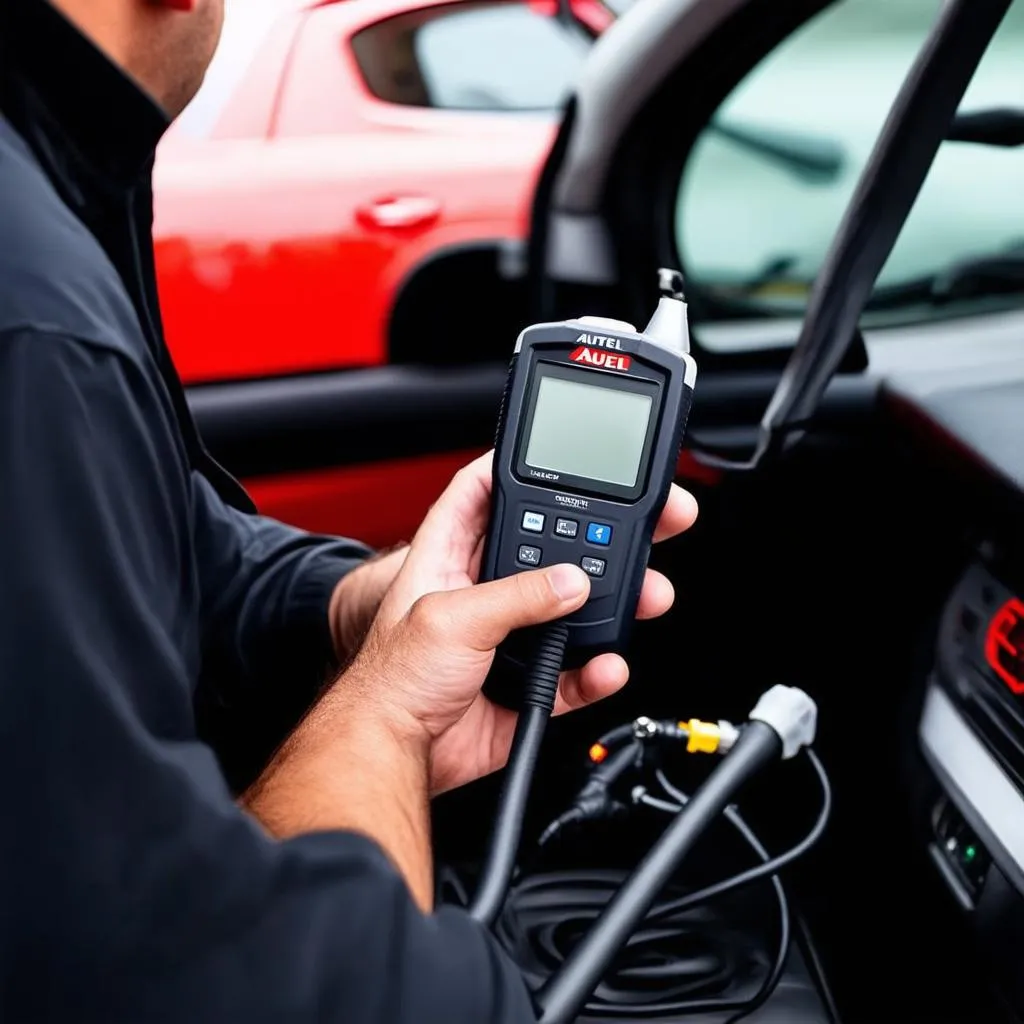 Autel OBD2 Scanner Fuel Pressure
Autel OBD2 Scanner Fuel Pressure
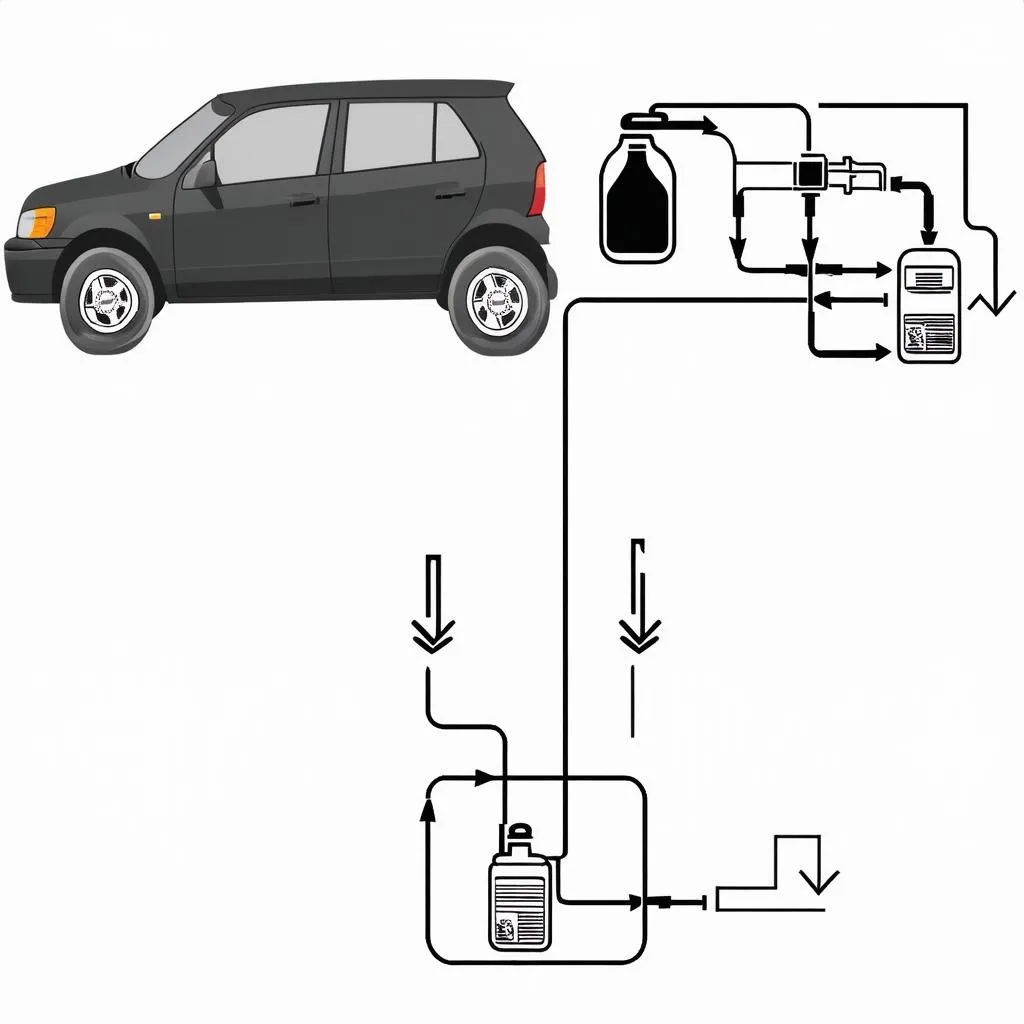 Fuel System Problems
Fuel System Problems
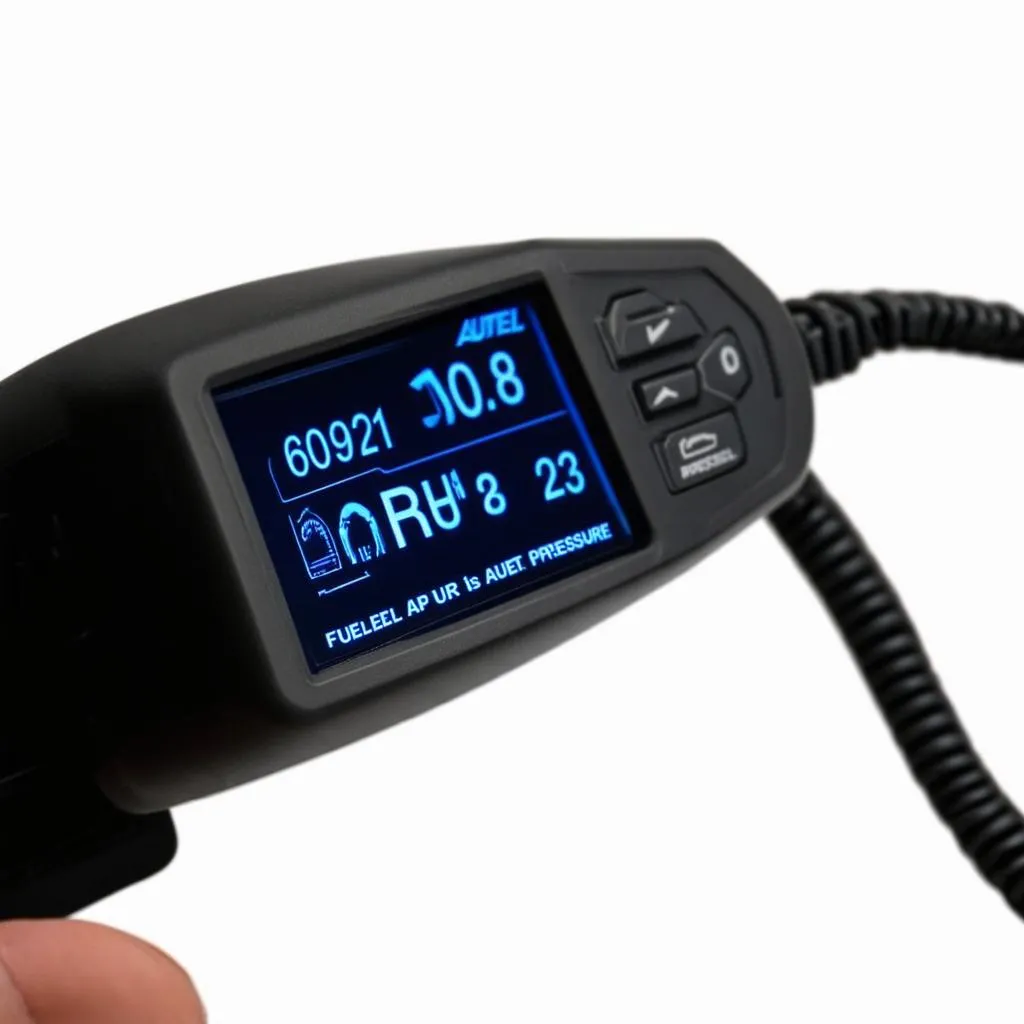 Autel OBD2 Scanner Fuel Pressure Guide
Autel OBD2 Scanner Fuel Pressure Guide
